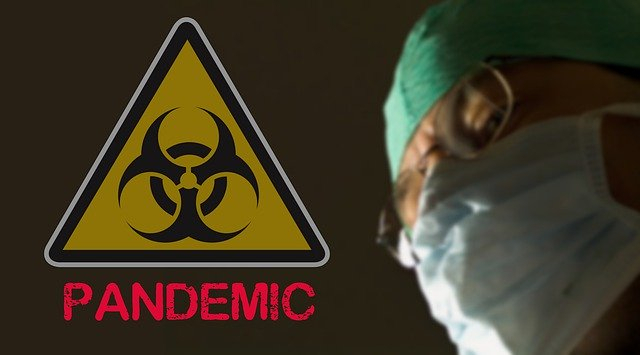It is already known that this coronavirus pandemic would be followed by a pandemic of mental health problems. The latest Census Bureau data showed that almost one-third of Americans have signs of clinical anxiety or depression.
After screening patients by asking questions in determining their mental health problems, almost 24 percent showed clinically significant symptoms of major depressive disorder, while 30 percent showed symptoms of anxiety disorder.
There is a huge leap of mental health problems compared to before the pandemic, these findings point. For instance, answers to a question on depressed mood showed that symptoms were doubled compared to the 2014 national survey.
Suicides to Rise if Not Intervened

Researchers have also projected that the US would witness a rise in suicides, substance abuse, and overdose deaths, if not intervened. These statistics were released last week from the Census Bureau, after it launched an emergency weekly survey of US households, back in April, to find the pandemic's impact on employment, housing, finances, education, and health.
The latest data release was based on surveying 1 million households for 20 minutes each, where more than 42,000 people responded between May 17 and 12. They were asked four questions to which the answers received provided a real-time view into the collective mental health of the US after three months of fear, isolation, soaring unemployment and continuing uncertainty, reported The Washington Post.
Half of Mississippi With Anxiety/Depression

New York, the epicenter of the coronavirus outbreak, was ranked 12th with the share of adults showing anxiety/depressive symptoms. Almost half of Mississippi residents were screened positive for anxiety/depression. But in Iowa, almost only a quarter of them were screened positive. Anxiety and depression rates were higher among young adults, women, and the poor.
There are already existing trends of rising depression, stress, and suicide among young adults. There were "no clear answers" as to how this has become a trend, says Maria A. Oquendo, professor of psychiatry at the University of Pennsylvania, as she ponders, if it is social media or just the way the present generation got reared up or merely more willingness of young adults in talking about their problems.
Paul Gionfriddo, president of Mental Health America said that much has been spoken about the logistics of reopening classrooms, but stress should be given on mental health support too!
Poor, Most Mentally Affected
Stark inequality is seen in the numbers arising. When asked if they were uncontrollably worried, almost 60 percent who made $150,000 or more said they did not struggle at all. But, contrastingly those who made less than $25,000 a year, that is 23 percent of them said they were uncontrollably worried almost every day. However, 32 percent of the respondents said they didn't struggle with "uncontrollable worry."
Further, the report said that lower-income people struggled more with unemployment, food scarcity, and low-wage jobs where they can't work from home. A poll by Kaiser Family Foundation released last month shows that almost half of Americans reported the coronavirus crisis was impairing their mental health. People experienced more anxiety and sadness than before the pandemic, while also they are talking more about mental health now, another survey by the American Foundation for Suicide Prevention found.









